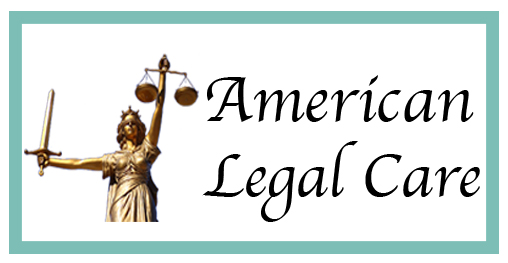Power of Attorney
Power of attorney gives an individual the authority to act for another person in a specified matter, or for legal, financial and/or medical matters. A power of attorney is a legal document that gives someone, or an organization, of your choice, the authority to act in your place. Many people like to plan for “just in case” by assigning “durable” powers of attorney for their medical care and finances, in the unfortunate event they become mentally incapacitated in the future. A durable power of attorney compared to just a power of attorney means that the document is to stay in effect if you become unable to handle your matters on your own.

What a Power of Attorney Can Be Used For
A power of attorney can be used for an individual to give another person the right to do certain things for them such as sell property or assets, sign legal documents, make health decisions, or conduct financial transactions, to name some of the more common reasons people use a power of attorney. While there are a few exceptions, a power of attorney can give someone else the right to do any legal act that the principal could do themself.
General Power of Attorney
A general power of attorney gives broad powers to a person or organization. This person or organization that acts on the principal’s behalf is typically referred to as an agent or attorney-in-fact. Depending on the principal’s directives, they may give another person or entity the power to handle financial and business transactions, buy life insurance, settle claims, operate business interests, make gifts, and employ professional help, to name some of the more common reasons principals give an agent general power of attorney. General power of attorney is often used in situations where the principal will be out of the country and needs someone to handle certain matters.
Durable Power of Attorney
In the unfortunate event a principal becomes unable to make decisions for themselves because of an illness or injury or other problem that incapacitates them, normal powers of attorney terminate. If a power of attorney is no longer going to be valid in such circumstances, it winds up not being very useful for people to plan to have someone act for them.This is why many people choose to assign “durable power of attorney”.
Durable power of attorney remains in effect (durable) even if a person becomes incapacitated. In terms of what is said in each form of documentation, the language and scope is typically similar except for special wording that states that the power survive’s the principal’s incapacity. A durable power of attorney can only be terminated under certain circumstances and with proper court proceedings.
Even with the discrepancy between the two, most powers of attorney today are in fact durable powers of attorney, regardless of whether the term “durable” is used.
Be informed of American legal information and news with American Legal Care.
